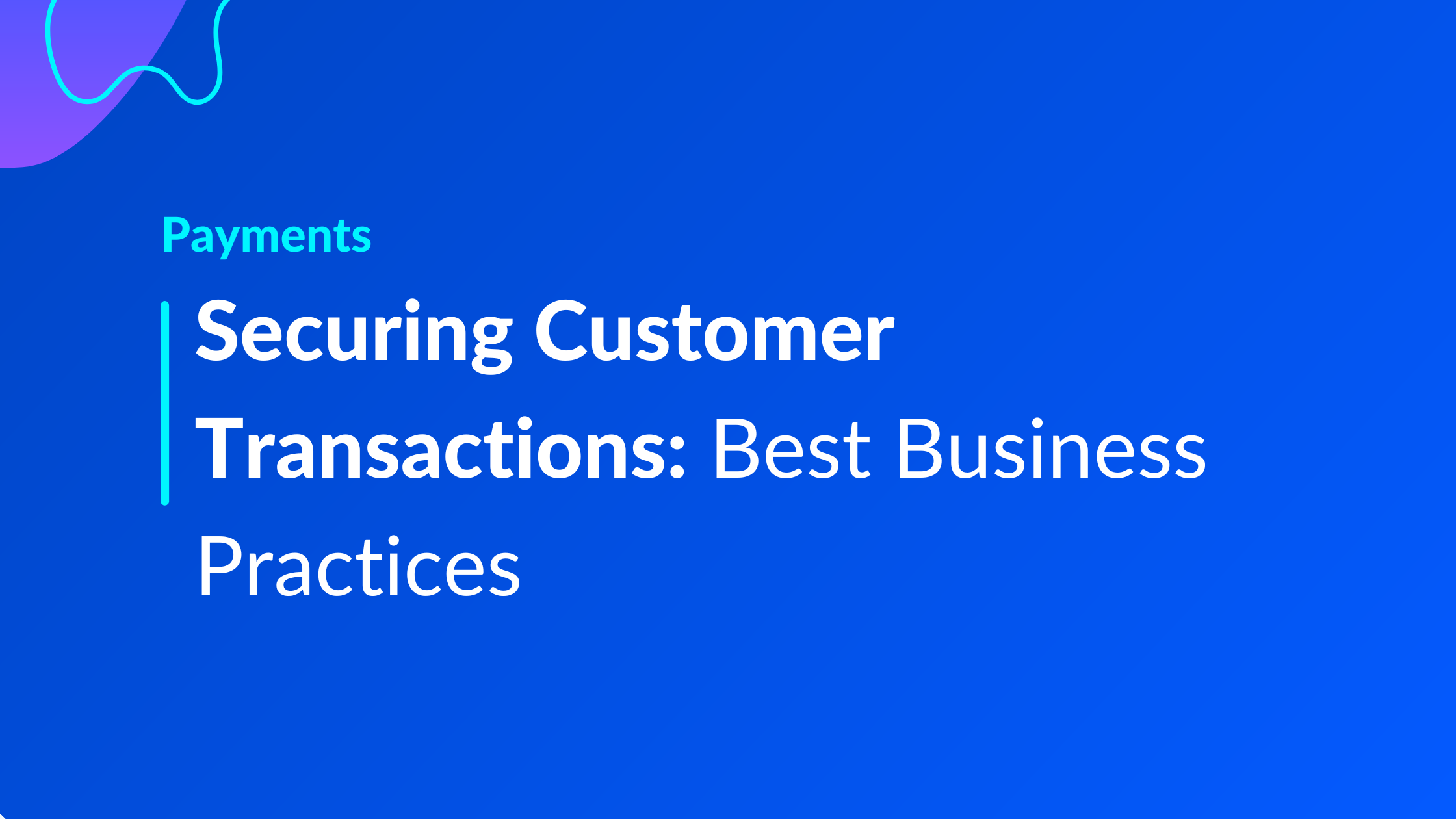Any business that allows online transactions must prioritize their security. Building strong relationships with your customers begins and ends with the level of trust you establish. A huge part in achieving this, is through the peace of mind that comes from facilitating secure payments.
Now that we've shared How to Identify Whether a Payment Platform Is Secure, let's explore the fast guide to best business practices for securing customer transactions.
1. Compliance with Industry Standards
Payment providers are mandated to adhere to the most up-to-date Payment Card Industry Data Security Standards (PCI DSS), which serve as a comprehensive set of guidelines and best practices aimed at guaranteeing that businesses that handle credit card information uphold a secure and protected environment for their transactions.
By adhering to these standards, businesses can demonstrate their commitment to safeguarding sensitive financial data and maintaining the trust of their customers. Compliance with PCI DSS not only helps in preventing data breaches and fraud but also showcases a dedication to maintaining the highest level of security in all online transactions.
2. Robust Encryption
Encryption plays a crucial role in protecting sensitive information during transactions. It is essential that your payment provider offers robust encryption tools to guarantee that transaction details stay secure and unreadable to unauthorized parties. Strong encryption ensures that data is scrambled into a code that can only be deciphered by authorized parties, adding an extra layer of security to your customer transactions.
By implementing sophisticated encryption technology, you can rest assured that your customers' sensitive information is safeguarded from potential cyber threats and breaches, establishing trust and confidence in your business's commitment to data security.
3. Advanced Fraud Prevention Tools
In addition to offering state-of-the-art fraud prevention tools, your payment provider should also employ cutting-edge technologies such as machine learning and artificial intelligence to continuously monitor transactions in real-time. These advanced algorithms and heuristics can detect even the most subtle signs of fraudulent activity, providing an extra layer of protection for your customers' sensitive data.
By staying ahead of potential threats and swiftly identifying any anomalies, your payment provider can effectively prevent fraudulent transactions before they occur, ensuring a secure and seamless experience for both you and your customers.
4. Tokenization Implementation
Tokenization is a crucial aspect of transaction security that goes a long way in safeguarding sensitive payment information. By converting this data into unique codes or tokens, businesses ensure that even if these tokens are intercepted, they hold no value to cybercriminals.
This process involves encrypting the original payment details and securely storing them offsite, away from potential threats. Ultimately, tokenization adds an extra layer of protection to your customers' information, showcasing your commitment to maintaining a secure payment environment.
Discover end-to-end financial automation with industry-renowned payment platform WisePay, which seamlessly works together with Wise-Sync, to automate every step of the invoice lifecycle - get in touch with our trusted team today to find out more.
